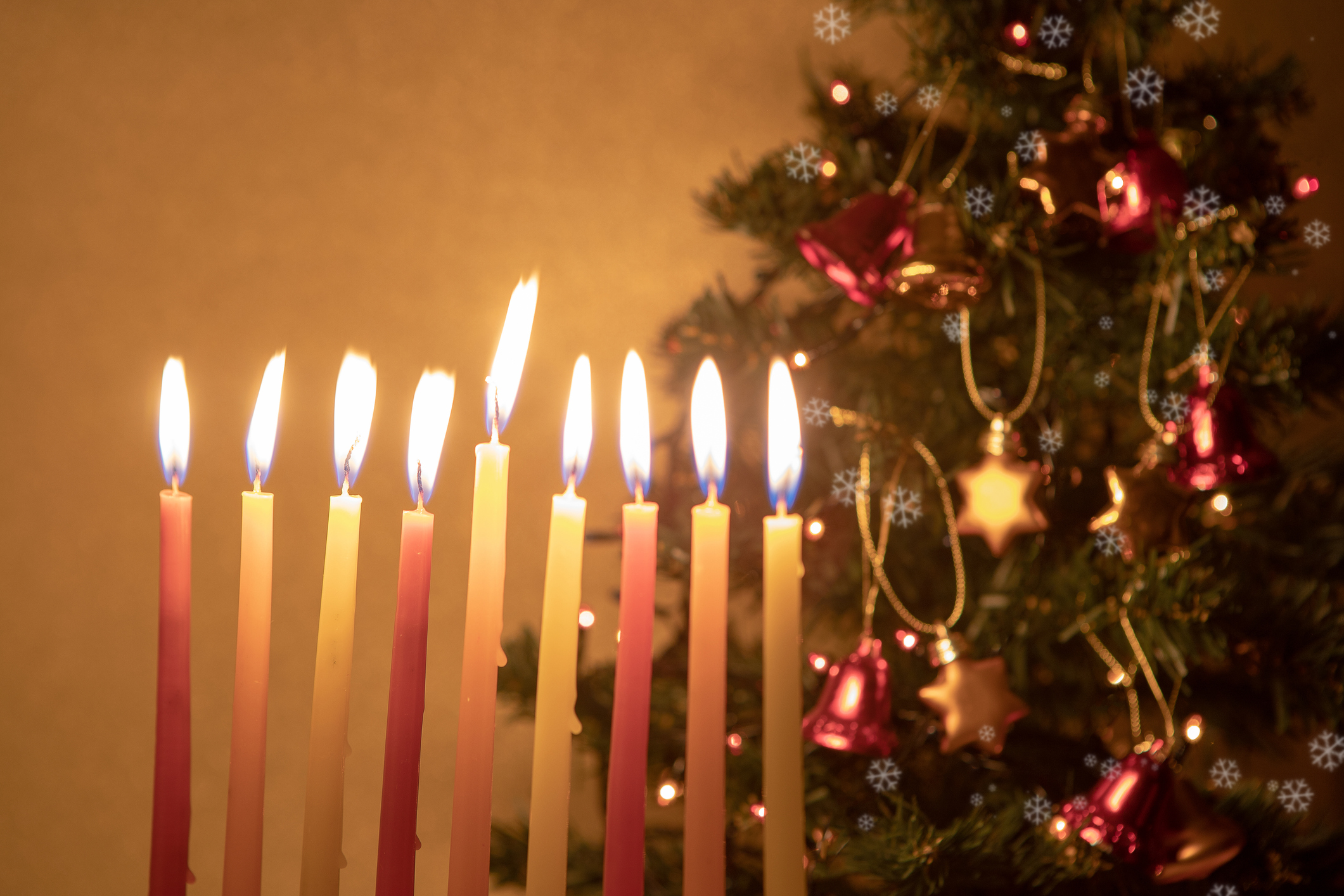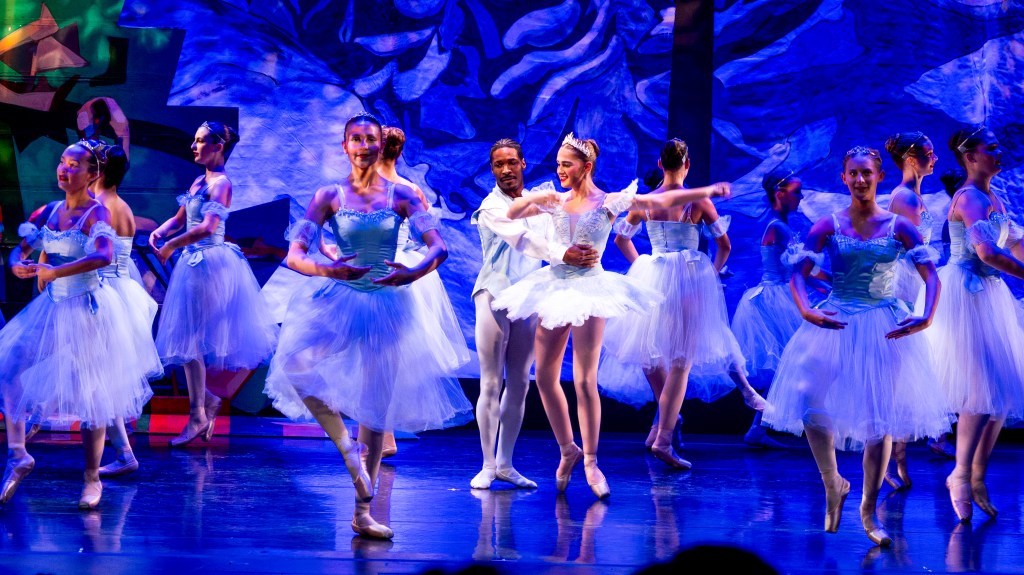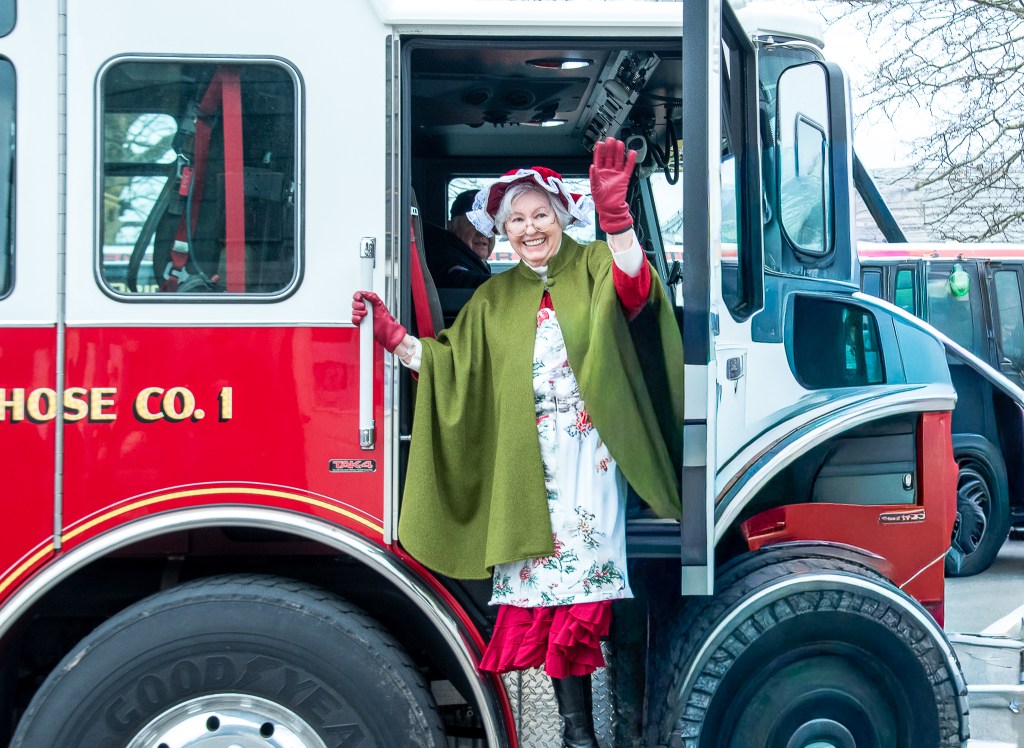Hamptons Soul: Be the Light

Father Constantine Lazarakis of the Greek Orthodox Congregation, and Jewish Center of the Hamptons Rabbi Josh Franklin speak on what it means to “be the light” this holiday season.
Rabbi Josh Franklin
As we approach the celebrations of light during this holiday season, I’m reminded that our festive lights offer us a symbolic message during this dark time of year. The winter solstice approaches, and each night the world grows persistently darker. The waning of sunlight gives rise to individuals becoming light starved. Holiday lights might not be all that bright, yet they carry the power to illuminate our lives in profound ways. One of the most powerful messages of this season is that we aren’t just supposed to see light, but rather we are also to be the light.
God promises Abraham in the biblical book of Genesis that his children will be like the stars in the sky (Genesis 15). This is not a quantitative statement, but a a qualitative one. We are to be like the stars in the sky, bringing light to places of vast darkness. Stars do not fill the void of the darkness in the sky. Each speck of light covers only a tiny fraction of the blackness above, but they nonetheless help us navigate the world around us — they are dots of hope and joy. We look up at the stars in wonder and amazement, dreaming of something bigger than ourselves, some far-off universe, and we often feel something holy. We are like the stars in that each person has potential to bring light into the world and to brighten the lives of others around them.
The book of Proverbs reminds us that the soul of each person is a light to God (Proverbs 20:27). When we look at the holiday lights, remember that each person was created to light up the world. My favorite Chanukah song reminds us of our collective potential to light up the world together: “We have come to dispel the darkness. In our hands we carry light and fire. Each one of us is a small light, but together, we are one steadfast light.” Whether this season you are staring at Chanukah or Christmas lights, the message is the same. Don’t just look at the lights, be a light.
Father Constantine Lazarakis
Last week, I spent several hours stringing little lights on the trees and bushes outside of our family home. It was cold outside, and dark — not to mention contending with pine needles and bare, pokey tree branches. My 12-year-old son was proud to be helping with this annual and celebratory chore. About an hour in, he announced, “It’s cold, Dad. Aren’t we done yet?” We pressed on, and at the end of the day, our dark, cold driveway was transformed into a wondrous proclamation of the Christmas season. It was a bit of a struggle, but the light did overtake the darkness with a wondrous effect.
As Christmas and Chanukah approach each year; as the days grow shorter and shorter; as the darkness threatens to envelope everything; we remember the light. We look to the time when the balance will shift and the days will lengthen. Ancient Christian writers referred to the birth of Christ as the “dawning of the Sun of Righteousness.” And Christ even referred to himself as “the light of the world.” In many ways, we are living in dark times. Our culture has become increasingly skeptical, increasingly self-centered. We resist forgiveness and cling to that which divides us, while ignoring our commonality and our common challenges. The struggle between the light and darkness, represented by the cycle of the seasons, is also an image for the struggle within us.
During this season, when we string our streets with twinkling lights, let us also illumine our hearts. As the cold of egocentrism and the prickly needles of cancel culture discourage our task, let’s remember to love unconditionally, to forgive liberally, to offer kindness without discrimination, and to offer thanks for all things. Let us allow God’s love to fill our holiday season with spiritual light. It will be worth the effort.









